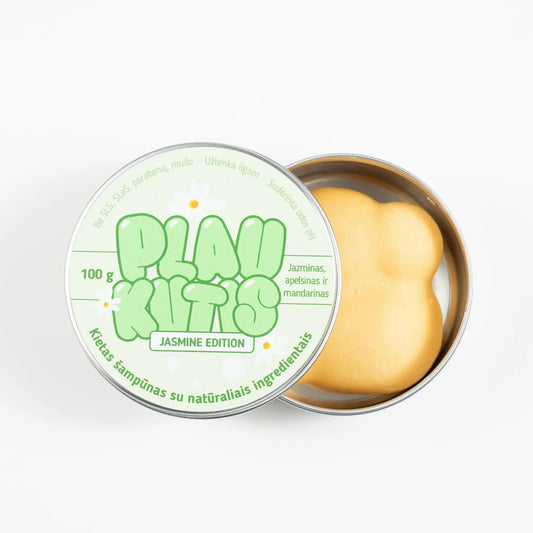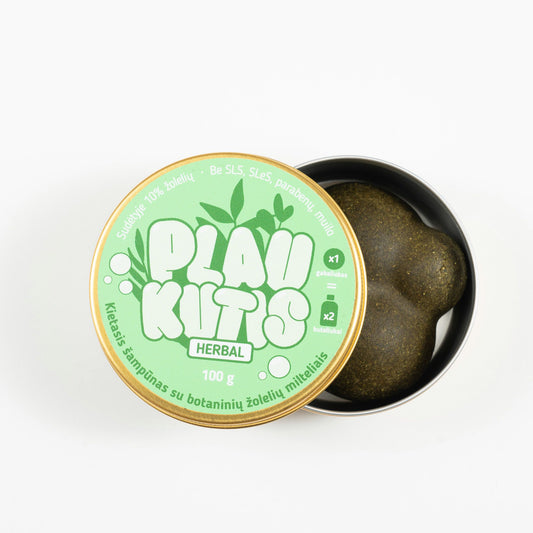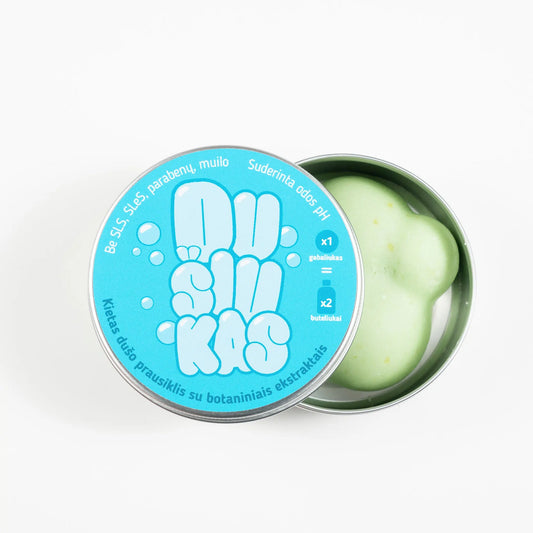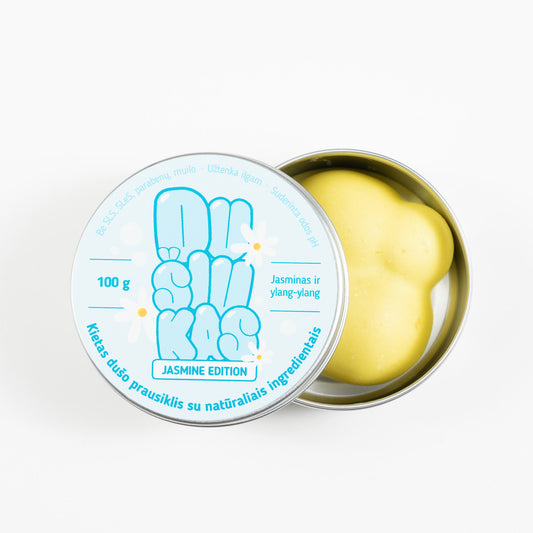Water is essential for healthy hair, but certain environmental factors in water can wreak havoc on your hair. Chlorinated pool water, salty seawater, and urban water pollutants can strip natural oils, weaken hair, and lead to breakage. A 2021 study by the American Academy of Dermatology found that 60% of hair damage among frequent swimmers and city dwellers can be attributed to these environmental stressors.
In this article, we’ll discuss how various factors in the aquatic environment affect your hair and how you can protect it. Whether you regularly swim, visit the beach, or deal with urban pollution, we’ll provide insights, facts, and practical solutions to minimize damage and maintain healthy hair.

Chlorine damage: how to protect your hair in the pool
Swimming is a great sport, but chlorinated water can be very damaging to your hair. Chlorine is a chemical that strips your hair of its natural oils, making it dry, brittle, and causing color to fade. Chlorine is especially dangerous for color-treated or thin hair.
How chlorine affects hair and scalp health
Chlorine binds to keratin proteins in hair, weakening its structure and increasing the risk of breakage. A 2020 study published in the Journal of Cosmetic Sciences found that swimmers who regularly swim three times a week experience 30% more hair damage than those who don’t. The study also found that over time, chlorine exposure reduces hair elasticity by up to 10-15% .
Chlorine also affects the scalp, causing dryness and itching, which can lead to dandruff. Chlorine can even change the color of your hair, especially blonde hair, which can turn greenish due to copper compounds in pool water.

Hair care products used before and after swimming
- Swimming protection : Wet your hair with clean water before getting into the pool. This will help your hair absorb less chlorinated water.
- Use an oil or leave-in conditioner : A light coconut or argan oil will create a protective layer, preventing chlorine from absorbing into your hair.
- Use a swimming cap : While it may not be very fashionable, a swimming cap will significantly reduce chlorine exposure and help maintain color.
- Rinse your hair after swimming : Immediately after swimming, rinse your hair with clean water to remove chlorine residue. Use a mild, sulfate-free shampoo.
The best products for hair after swimming in the pool
- Malibu C Swimmers Wellness Shampoo : Removes chlorine and prevents hair from turning green. Restores moisture and shine.
- UltraSwim Chlorine Removal Shampoo : Effectively removes chlorine odor and buildup, leaving hair soft.
- Aveda Sun Care Protective Hair Veil : A lightweight spray that protects hair from chlorine and UV rays.
Salt water and its effects on hair
A day at the beach can be great, but salt water can dry out and tangle your hair. Salt water naturally pulls moisture out of your hair, making it brittle and prone to breakage.

The effect of seawater on hair moisture
Salt water contains high concentrations of sodium and magnesium, which dry out hair. A 2018 study in the Journal of Dermatological Sciences found that hair exposed to seawater lost up to 25% more moisture than hair exposed to freshwater. When hair becomes dehydrated, it loses elasticity and becomes more prone to breakage.

Additionally, salt water can cause hair to tangle. Salt crystals left in your hair after swimming create friction between hair strands, which can lead to knots and increased breakage.
How to protect and restore hair after exposure to salt water
- Beach protection : Before going to the beach, apply a leave-in conditioner or oil to your hair, which will create a protective layer and reduce salt water absorption.
- Rinsing hair after swimming : Rinse your hair with fresh water immediately after swimming to remove salt and prevent dryness.
- Using deep moisturizers : Once you get home, use a hydrating hair mask that contains ingredients like shea butter, aloe vera, or coconut oil to restore lost moisture.
- Comb your hair gently : After bathing, comb your hair while it is damp, using a wide-toothed comb to reduce breakage.
The best products for hair after salt water exposure
- Ouai Wave Spray : Protects hair from salt and sun while enhancing natural texture.
- Bumble and Bumble Hairdresser's Invisible Oil : A lightweight oil that creates a moisture barrier and protects hair from salt water.
- Shea Moisture Raw Shea Butter Deep Treatment Masque : Hydrates and restores moisture lost from salt water exposure.
Dealing with urban water and pollution
In urban environments, hair is constantly exposed to polluted water and harmful air particles. This pollution settles on the scalp and hair, causing dryness, irritation and difficult-to-remove impurities.

How urban pollution affects water quality and hair
In urban areas, pollutants from car exhaust and industrial activities release particles like sulfur dioxide and nitrogen oxide. When these pollutants mix with hard, mineral-rich city water, they stick to hair and weaken it. A 2019 World Health Organization study found that long-term exposure to urban pollution reduced hair strength by up to 20% due to oxidative stress.
Pollution also affects scalp health, clogging follicles and making it harder for hair to grow. City dwellers may notice more hair loss or dullness due to this exposure.

Tips for cleaning and protecting hair in polluted environments
- Use anti-pollution products : Shampoos that contain activated charcoal or micellar water are great for detoxifying the scalp and hair by removing pollution particles.
- Use cleansing products : Use a clarifying shampoo once a week to thoroughly cleanse your hair and remove accumulated pollutants.
- Use protective hair sprays : Anti-pollution sprays create a protective layer around the hair and prevent particles from sticking.
- Protect your hair : On days when the air quality is poor, wear a hat or scarf to protect your hair from direct exposure to pollutants.

The best products for protection against pollution
- Kérastase Chronologiste Purifying Pre-Shampoo : Removes pollutants and revitalizes hair and scalp.
- Living Proof Perfect Hair Day Triple Detox Shampoo : Detoxifies hair from hard water, pollution, and product buildup without drying out hair.
- Aveda Invati Advanced Thickening Spray : Adds volume and protects hair from pollution and environmental damage.
Myth busting or interesting facts
- Myth : "Chlorine is the only reason hair turns green in the pool."
Fact : It's actually the copper in pool water, not the chlorine, that gives blonde hair its green hue. The chlorine oxidizes the copper, which then binds to the hair proteins and changes their color. - Interesting fact : Studies have shown that hair can absorb up to 30% of its weight in water , so exposure to salt water and chlorine can significantly affect its structure.
- Myth : "Salt water is good for hair."
Fact : While salt water can exfoliate your scalp, it is also very dehydrating to your hair. After swimming in the sea, your hair can lose up to 25% of its moisture, making it brittle. - Fun fact : A 2021 study found that pollutants like sulfur dioxide and nitric oxide can increase scalp inflammation levels by up to 40% , which can lead to dandruff and itchiness.
- Myth : "Pollution only affects the skin, not the hair."
Fact : Pollutants can cling to hair, weakening it and causing it to become dull. Anti-pollution hair products can help reduce damage and restore shine.

Practical tips or solutions
- Invest in a swimming cap : Regular swimmers should purchase a silicone or latex swimming cap to protect their hair from the effects of chlorine.
- Beach protection : Always apply a leave-in conditioner to your hair before swimming in salt water to create a moisture barrier.
- Rinsing your hair immediately after swimming : After swimming in chlorinated or salt water, rinse your hair with clean water to remove harmful chemicals and salt.
- Use anti-pollution products : Regularly use shampoos and conditioners that are designed to remove pollutants and protect against environmental damage.
- Weekly Hair Hydration and Repair : Include a deep hydration treatment once a week in your routine to repair hair damaged by environmental factors like chlorine, salt water, or pollution.
Frequently asked questions
Q: How does chlorine affect hair color?
A: Chlorine strips your hair of its natural oils and fades the color. For blonde hair, chlorine combined with the copper in pool water can give it a greenish tint.
Q: Is salt water good for my scalp?
A: Salt water can exfoliate the scalp, but it also dehydrates hair, making it dry and brittle. It is essential to rehydrate your hair after swimming in the sea with a deep-conditioning moisturizer.
Q: How often should I use a chelating shampoo if I wash regularly?
A: If you swim regularly, use a chelating shampoo once a week to remove chlorine residue. Frequent use can dry out your hair, so use sparingly.
Q: Can pollution permanently damage hair?
A: Pollution can weaken hair, but regular use of anti-pollution products and cleansing routines can help minimize long-term damage.
Q: What is the best way to protect hair from chlorine and salt water?
A: Use a protective oil or leave-in conditioner before swimming, wear a swimming cap, and rinse your hair with clean water after swimming.

Conclusion: How to prevent hair damage due to environmental water factors
Environmental factors in the water, such as chlorine, salt water, and pollution, can have a major impact on the health of your hair. But with proper preparation, you can minimize the damage and maintain healthy, shiny hair. From pre-swim protection to pollution-fighting hair care products, a consistent routine is key to maintaining healthy hair. Try out the tips and products below to find what works best for your hair to stay healthy and vibrant, no matter the impact.













